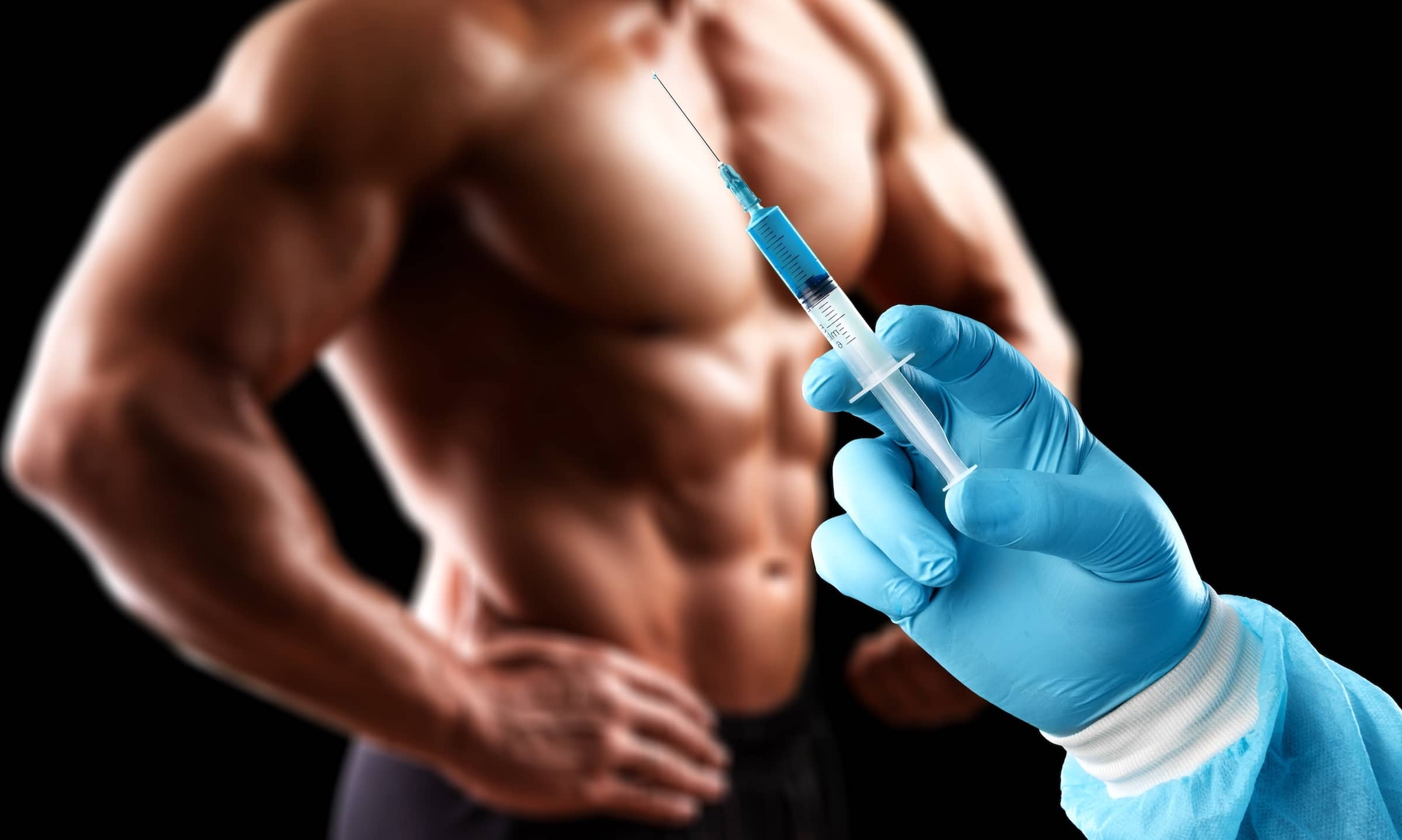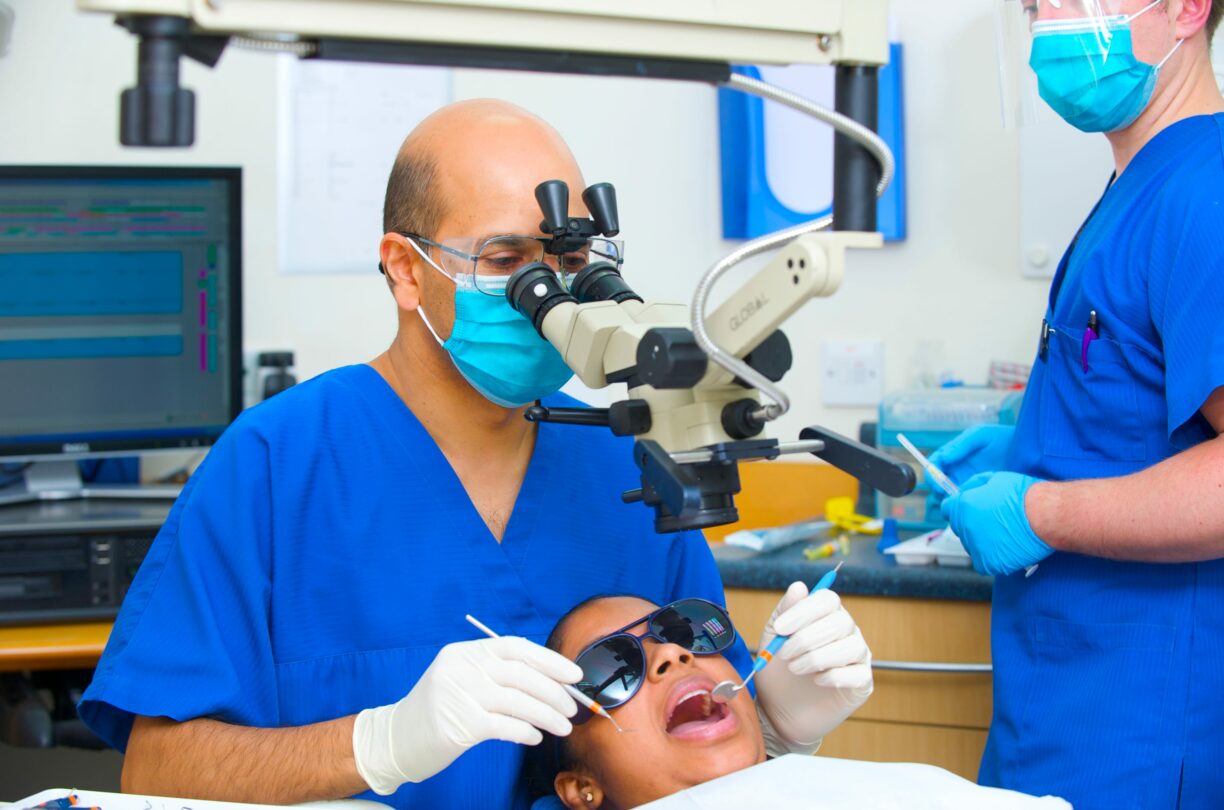Is TRT a steroid? If I had a pound for every time someone asked me that, I’d be sipping a drink on my own private golf course, with each hole named after a different testosterone myth—because, trust me, there are plenty.
Let’s clear the air: Testosterone Replacement Therapy (TRT) is not the same as popping anabolic steroids like candy.
This piece will help you understand the crucial differences, plus the potential benefits and pitfalls of each approach to testosterone.
What Is TRT?
TRT, short for Testosterone Replacement Therapy, is a medical treatment designed for men with unusually low testosterone—often called Low T.
Doctors don’t hand out these prescriptions so you can bulk up for a bodybuilding contest; their aim is to bring testosterone levels back to a normal, healthy range. That’s it. This treatment can be delivered in various formats, including:
- Injections
- Gels
- Patches
- Pills
Men who opt for TRT typically grapple with symptoms like dwindling energy, low spirits, trouble focusing, and reduced muscle mass.
Before you can say “boohoo,” a physician will test your hormone levels to confirm you’re genuinely in need of TRT.
Is TRT a Steroid? (Revisited in the Main Body)
Despite the frequent confusion, TRT isn’t some hush-hush pathway to building mountains of muscle. It’s a legal, doctor-supervised method to address a legitimate health issue.
Is TRT a steroid? Not in the sense that anabolic steroids—used illegally by certain athletes and bodybuilders—are.
Steroid abuse often involves massive doses that go way beyond what a body normally produces. TRT, by contrast, is all about balance and bringing men back to baseline.
What Are Anabolic Steroids?
When most people mention “steroids,” they’re talking about anabolic steroids—synthetic versions of testosterone.
These substances are sometimes used illegally by athletes looking to become human bulldozers in record time.
The key difference? Steroid abusers often swallow or inject doses far beyond what any sane doctor would prescribe. Some of the common steroid names you might hear around the gym (or whispered in the locker room) include Dianabol, Trenbolone, and Winstrol.
Using them without a physician’s watchful eye is against the law—and frankly, a recipe for disaster.
Key Differences Between TRT and Steroids
- Purpose
- TRT: Helps men with low testosterone achieve normal levels and improve daily well-being.
- Steroids: Often misused to drastically boost muscle mass and athletic performance, with little regard for health consequences.
- Dosage
- TRT: Doses are measured and designed to bring you up to a natural range—no more, no less.
- Steroids: Users usually cram in high amounts that can be harmful over time.
- Legality
- TRT: Perfectly legal when prescribed by a licensed medical professional.
- Steroids: Illegal to use without a prescription and typically only allowed for rare conditions.
- Safety
- TRT: Considered safe when overseen by a doctor who monitors dosages and blood work.
- Steroids: Potentially dangerous, particularly when abused without medical supervision.
Benefits of TRT
When done correctly, TRT helps men rediscover what it feels like to have steady energy, a better mood, and greater mental clarity. Other possible perks include:
- Restored muscle strength
- Better bone health
- Improved sleep quality
If you’re looking to flex your biceps like a pro bodybuilder overnight, you’ll be disappointed. TRT is not a shortcut to superhuman gains; it simply restores what’s missing.
Risks and Side Effects
Even with its relative safety, TRT isn’t completely risk-free. Potential side effects include:
- Acne flare-ups
- Increased red blood cell count
- Reduced sperm production
Anabolic steroids, on the flip side, bring a laundry list of far more ominous health concerns:
- Liver damage
- Heart disease and high blood pressure
- Mood swings are sometimes referred to as “roid rage”
- Shrunken testicles and plummeting natural testosterone
- Heightened risk of strokes or heart attacks
- Possible kidney damage
When steroid users finally abandon ship, their bodies might struggle to produce testosterone on their own, creating a long-term crisis that could require legitimate TRT down the road.
Long-Term Fallout from Steroid Abuse
Abusing anabolic steroids can have life-altering consequences, including addiction. Over time, users may endure:
- Severe mood changes, including depression and anxiety
- Weakened immune system
- Hair loss (or on the flip side, extra hair growth in odd places)
- Prostate problems
- Reduced fertility or even infertility
Safe to say, these are not the souvenirs you’d want to collect on your “get-jacked-fast” journey.
Myths About TRT and Steroids
Let’s tackle a few myths head-on and set the record straight:
- Myth: TRT is just legal steroids.
Reality: TRT replaces missing testosterone to reach normal levels, not beyond. - Myth: TRT and steroids have the same effects.
Reality: TRT evens out your hormone levels, whereas anabolic steroids often skyrocket them to unnatural highs. - Myth: Anyone can get TRT to build muscle.
Reality: Doctors prescribe TRT only if tests prove you’ve got the dreaded Low T. - Myth: TRT works immediately.
Reality: It can take a few weeks—or even months—before you notice results.
Is TRT Right for You?
If you suspect you’re dragging around low testosterone levels, the first step is to consult a healthcare provider.
Watch for signs like chronic fatigue, mood swings, dwindling muscle mass, or a lack of interest in activities that once lit your fire. A simple blood test can confirm whether TRT might help.
Natural Ways to Boost Testosterone
Before jumping on the TRT bandwagon, some men try these lifestyle tweaks:
- Exercise Regularly: Weightlifting especially helps rev testosterone levels.
- Eat Clean: A balanced mix of protein, healthy fats, and plenty of greens can make a difference.
- Get Quality Sleep: Aim for 7–9 hours a night to keep hormones in check.
- Reduce Stress: Chronic stress is a known testosterone assassin.
- Maintain Healthy Body Weight: Obesity often leads to lower testosterone.
Even with these best efforts, some men might still need TRT if their levels remain chronically low.
Conclusion
Confusing TRT with anabolic steroids is like mistaking a warm-up stretch for an Olympic sprint—they might both involve movement, but they’re playing completely different games.
Testosterone Replacement Therapy is a controlled, physician-approved path for men dealing with a genuine deficiency. Steroids, on the other hand, are frequently misused in high doses to chase big gains, leading to risky health complications.
If you’re weighing TRT, talk it over with a trusted medical professional, keep your health top of mind, and leave the risky shortcuts in the bunker.





